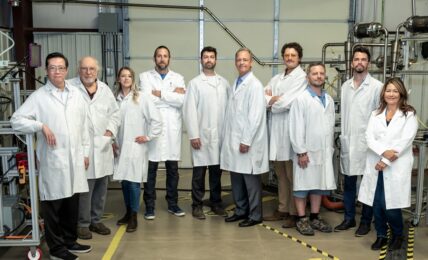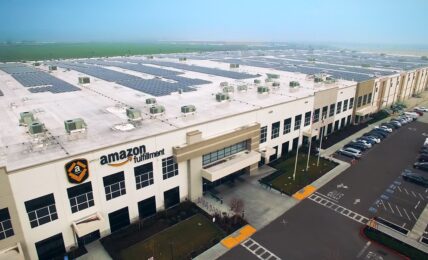Energy giant Shell announced today that it has decided to pause construction on its large-scale biofuels facility in the Netherlands, citing market conditions.
Shell announced its final investment decision on the Rotterdam-based facility in 2021, with anticipated capacity of 820,000 tonnes a year of biofuels production, and production initially targeted to begin in 2025, making it one of the largest in Europe to produce sustainable aviation fuel and renewable diesel from waste, and capable of producing enough renewable diesel to avoid 2.8 million tonnes of CO2 emissions per year.
The announcement follows the release earlier this year by Shell of its updated energy transition strategy, including plans to invest $10-15 billion between 2023 and the end of 2025 in low-carbon energy solutions, in areas including electric vehicle charging, biofuels, renewable power, hydrogen and carbon capture and storage.
While the updated strategy maintained Shell’s 2050 net zero goal and its interim 2030 to cut Scope 1 and 2 emissions in half, the company also retired a 2035 target to reduce net carbon intensity of the products it sells by 45% due to “uncertainty in the pace of change in the energy transition.”
According to Shell, the decision to pause construction on the facility was made “to address project delivery and ensure future competitiveness given current market conditions,” with the company adding that the move will help control costs and optimize project sequencing. The company said that it will provide project status and timeline updates in the future.
Huibert Vigeveno, Shell’s Downstream, Renewables and Energy Solutions Director said:
“We are committed to our target of achieving net-zero emissions by 2050, with low-carbon fuels as a key part of Shell’s strategy to help us and our customers profitably decarbonize. And we will continue to use shareholder capital in a measured and disciplined way, delivering more value with less emissions.”
Vigeveno added that the decision will allow Shell “to assess the most commercial way forward for the project.”



